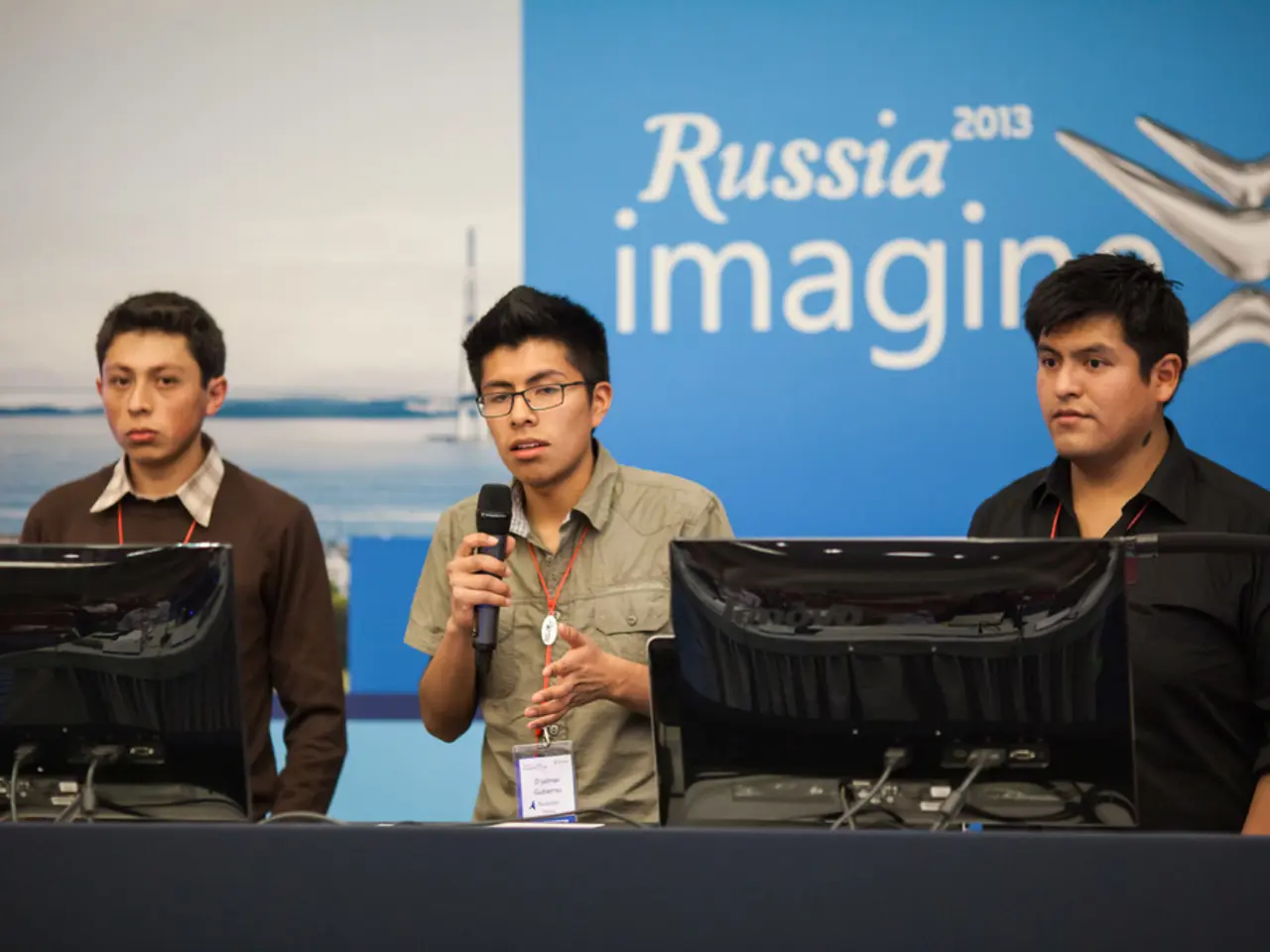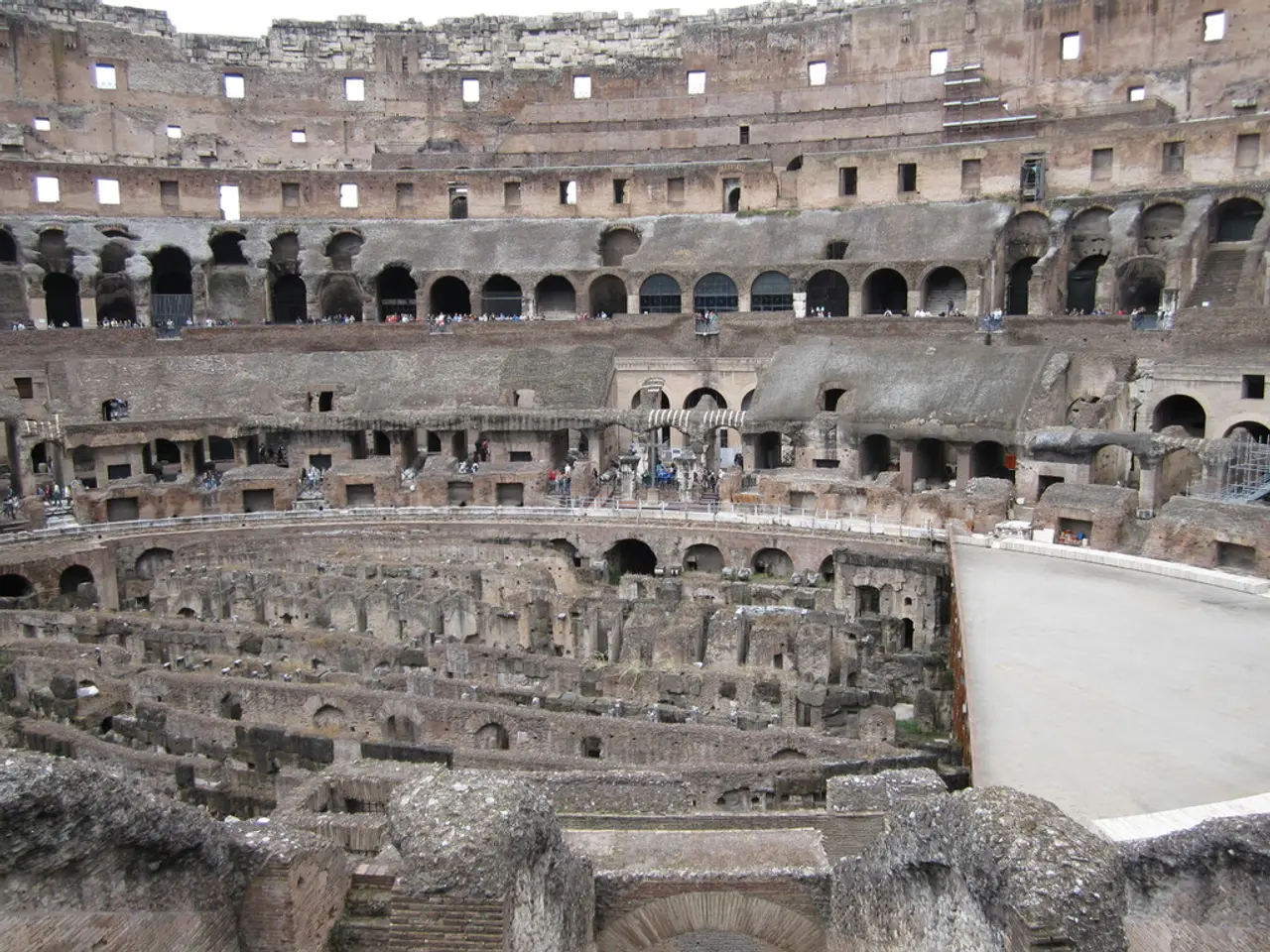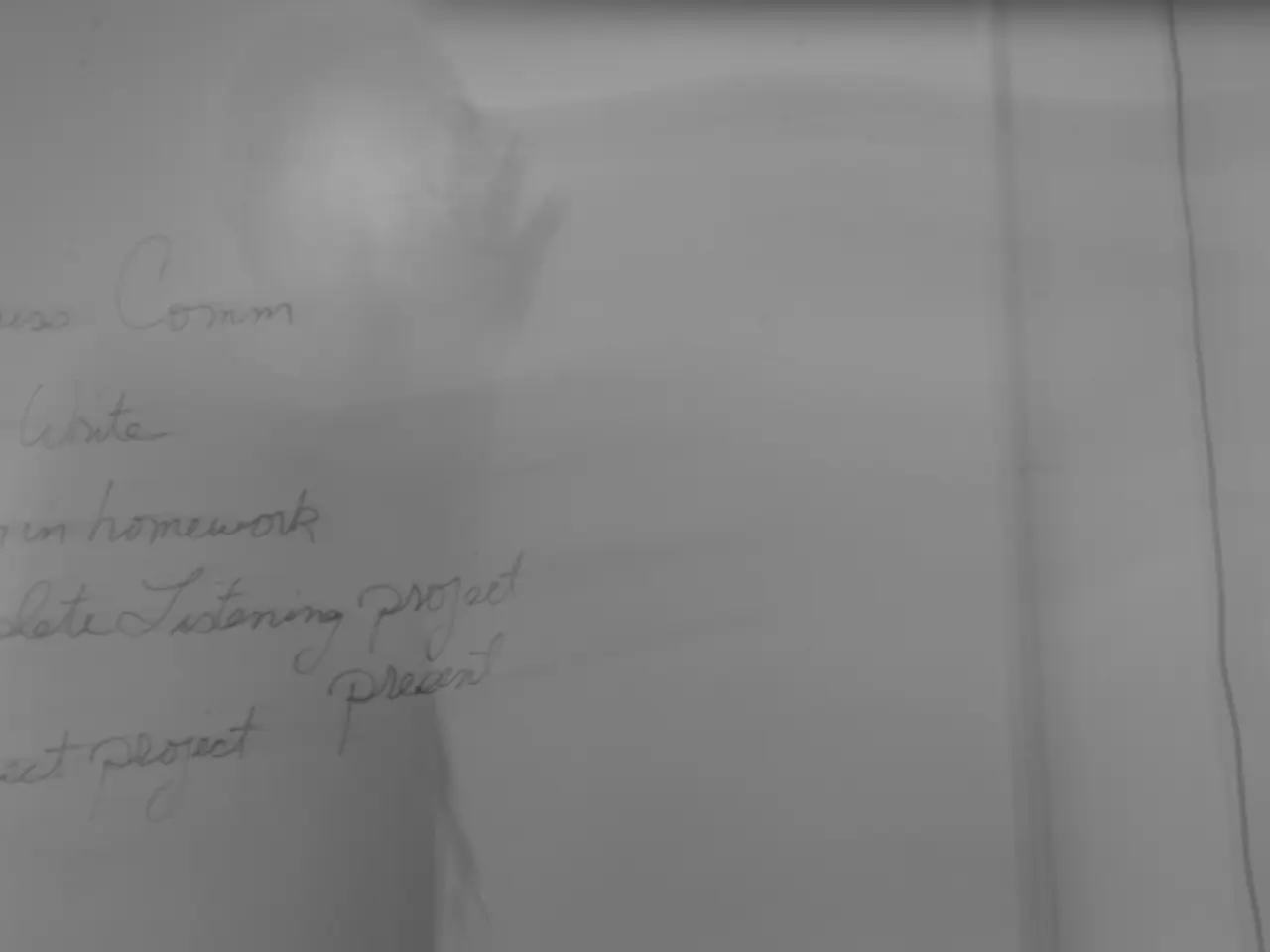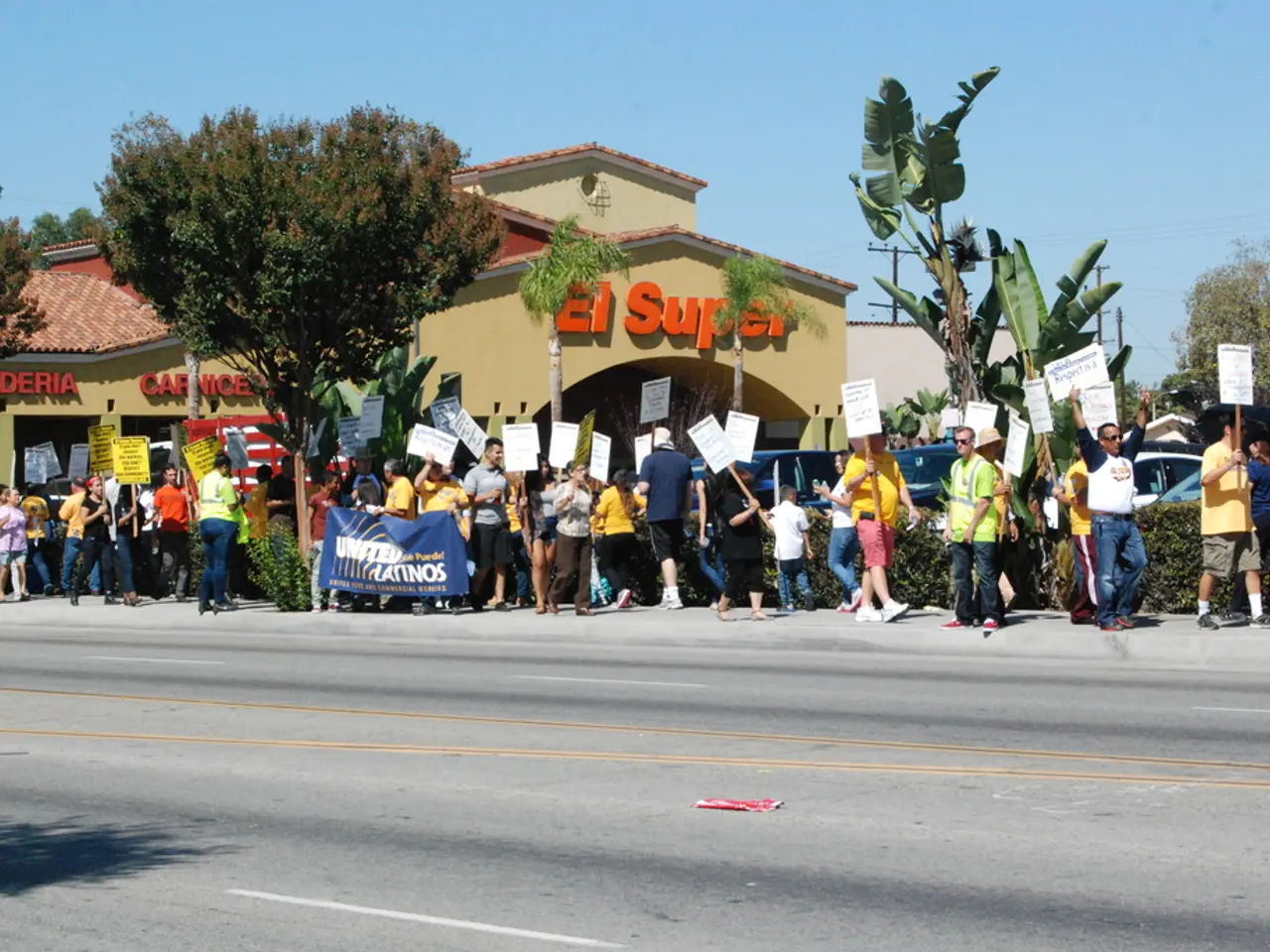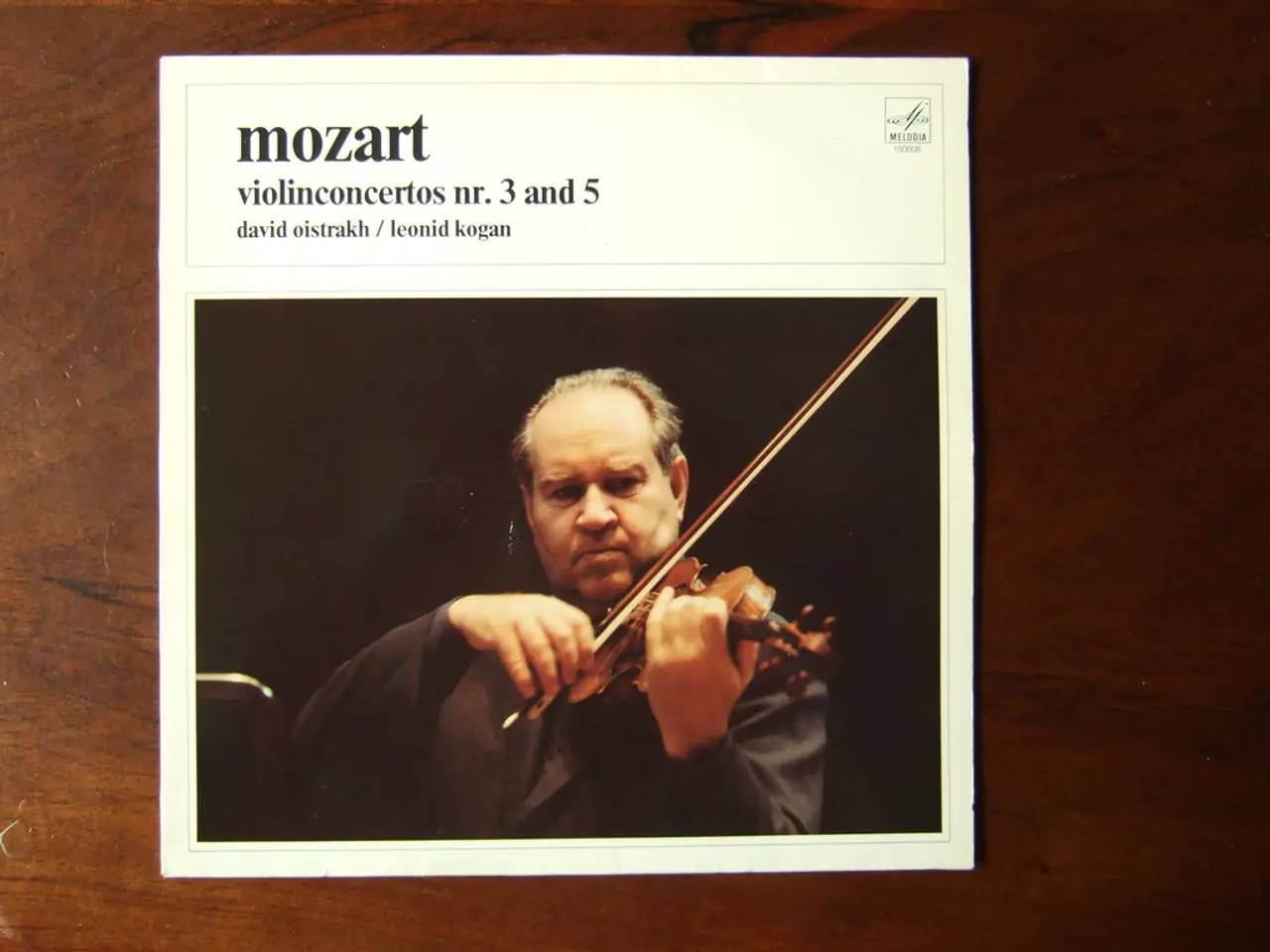Diplomatic discussions over ceasefire in Gaza to continue in Doha, as Netanyahu prepares for trip to the United States.
The latest round of indirect negotiations between Israel and Hamas kicked off in Doha, Qatar, on Sunday, aiming to broker a 60-day truce and secure the release of hostages and deceased bodies in Gaza.
A delegation from Israel has been sent to Doha for the proximity talks, which have been backed by the United States and Qatar. The talks are based on a framework that envisions a phased release of about half the living and dead hostages held by Hamas during the conflict.
Hamas's delegation, led by top negotiator Khalil al-Hayya, is also present in Doha. The organisation has proposed three amendments to the US-Israel-backed framework, including a demand for talks on a permanent ceasefire, full resumption of aid to Gaza through United Nations and international organisations, and Israeli Defense Forces withdrawal to positions held before the collapse of the previous ceasefire in March 2025.
However, Israel has found these proposed changes unacceptable, particularly the demands for the IDF withdrawal and the shift of aid distribution back to UN agencies. Despite this, Israel is still engaging in talks.
The ceasefire proposal includes releasing 10 live hostages and 18 deceased hostages during the 60-day truce, with Israeli forces withdrawing to a buffer zone along Gaza’s borders. Aid would be delivered mainly by UN agencies and the Palestinian Red Crescent.
Israeli Prime Minister Benjamin Netanyahu has expressed skepticism about reaching a deal due to the unacceptable nature of Hamas’s amendments. Hamas is seeking a US guarantee that the war would effectively end after the 60-day truce, a condition Israel has rejected thus far.
US President Donald Trump is involved in the mediation and is expected to meet with Netanyahu to discuss Gaza and the ongoing negotiations.
On the ground, challenges persist. The Gaza Strip continues to face dire humanitarian conditions, with reports of people dying for flour. On Sunday, the Gaza civil defence agency reported that 14 people were killed by Israeli forces. In a pre-dawn strike on Gaza City’s Sheikh Radawn neighborhood, ten people were killed, as reported by the Gaza civil defence agency.
Meanwhile, protesters gathered in Tel Aviv on Saturday demanding the return of hostages held in Gaza. The Israeli military declined to comment on specific strikes without precise coordinates. The UN human rights office reported that more than 500 people have been killed waiting to access food from GHF distribution points.
The talks will focus on conditions for a possible ceasefire, including hostage and prisoner releases, and the reopening of Gaza's Rafah crossing to evacuate the wounded. In late May, a US- and Israel-backed group, the Gaza Humanitarian Foundation, took the lead in food distribution in the territory, but UN agencies and major aid groups have refused to cooperate with the Gaza Humanitarian Foundation over concerns it was designed to cater to Israeli military objectives.
As the negotiations continue, the path to a final deal remains complex, with major gaps remaining concerning the scope of Israeli military withdrawal, the humanitarian aid framework, and assurances on the permanence of a ceasefire.
- The proposed amendments by Hamas include a demand for talks on a permanent ceasefire, which Israel finds unacceptable, particularly the demands for the Israeli Defense Forces (IDF) withdrawal.
- The US President Donald Trump is involved in the mediation of the ongoing negotiations between Israel and Hamas in Doha, Qatar, with a focus on conditions for a possible ceasefire, including hostage and prisoner releases.
- Despite the challenges on the ground in Gaza, such as dire humanitarian conditions and reports of people dying for flour, the talks are aimed at securing the release of hostages and deceased bodies in Gaza.

